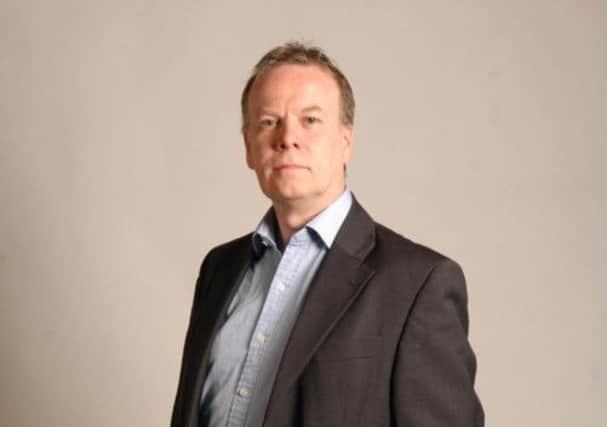Comment: How to break even when making a loss


He is due to collect a £1.5 million bonus if the price edges above 61p and the government opts to sell a third of its 39 per cent stake.
There remains some debate about the merits of this handout, even though the Portuguese has overseen a recovery of sorts, largely on the back of asset sales to bolster the balance sheet and the decision to pile a monstrous sum on to last year’s losses to compensate for various mis-selling scandals.
Advertisement
Hide AdAdvertisement
Hide AdWith the accounts “tidied up”, Lloyds certainly looks in better shape and a return to profit cannot be sniffed at.
However, there are still legacy issues – continuing bad debts, and the frustration of the failed deal to sell 632 branches to the Co-op. Not only has this cost Lloyds a loss of revenue, it is also totting up a big bill for all the work it has done in preparing the Project Verde businesses for sale. It will hope to recoup some of this when the branches are packaged up as TSB and floated on the stock market next year. But there will be an added cost for doing so. Furthermore, these issues will continue to overhang the stock, so those looking for the shares to make a quick dash above break even may have to wait a little longer.
Now that UK government ministers have tired of owning the banks and trying to force them to behave, they have been keen to push ahead with some sort of privatisation, even resorting to juggling the figures.
The target price has always been 73.58p, the price booked in the accounts of UK Financial Investments, the body that manages the state’s holdings in the bailed-out banks, or 63p if the £2.3 billion fee Lloyds paid to exit the asset protection scheme is taken into account.
On 1 March this suddenly became 61p, which turns out to be the average price of Lloyds shares when the state bought them, rather than the price actually paid.
It means that if the government does sell above 61p if will claim to be making a profit, when of course it will do no such thing. But that’s politics for you, and Horta-Osorio won’t be complaining.
Whitbread cashing in on Britain’s cafe culture
Given the decline of the high street it might be said Britain is no longer a nation of shopkeepers, but it does seem to be turning into a nation of coffee shop owners.
Whitbread, once known as a brewer, has led much of the surge and its Costa coffee chain is now the biggest in Britain with 40 per cent of the market.
Advertisement
Hide AdAdvertisement
Hide AdWith coffee shops seemingly on every street corner, it is a wonder that there is room for more, but Whitbread has plans to expand the chain as it attempts to drive up sales and cash-in on the cafe culture that has swept the country.
This is also where many of the new jobs are coming from and there is no shortage of applicants. In February 1,700 applied for just eight jobs at a new branch in Nottingham, of which only three were full-time.
Whitbread’s re-positioning is good news for the economy as the hotel and restaurant sector has been one of the healthier sectors, contributing to a 0.6 per cent growth in the services sector in the first quarter of the year and helping the overall economy to expand by 0.3 per cent.